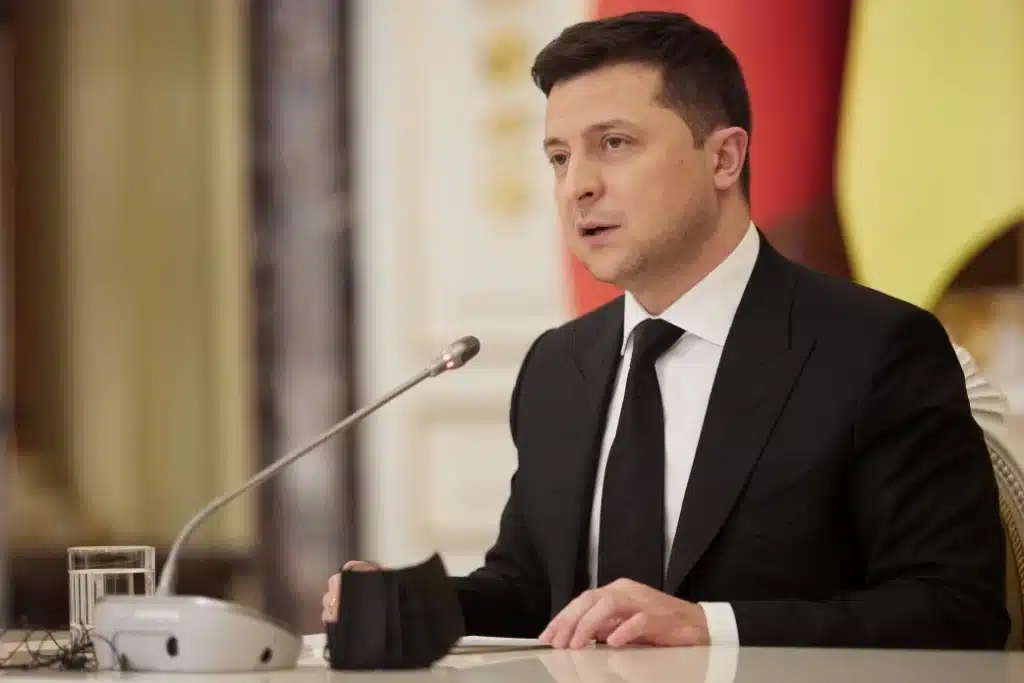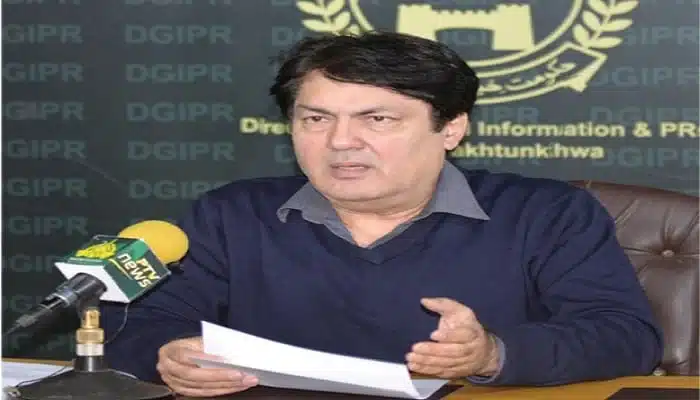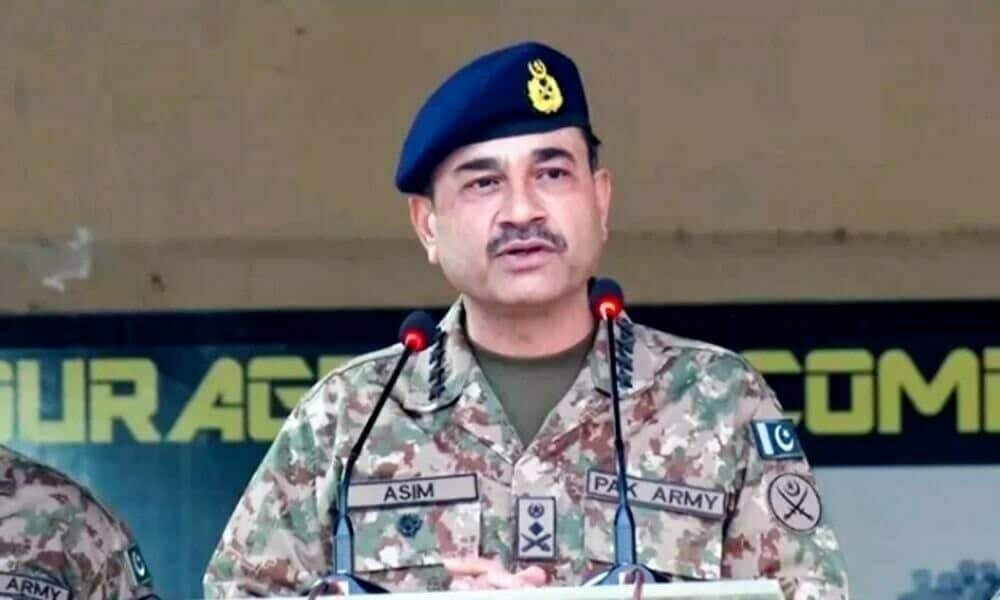TEHRAN – In the early hours of Monday morning, Iran launched a powerful second wave of missile strikes on Israeli-occupied territories, escalating a rapidly intensifying war that has now seen ten Iranian missile barrages since the conflict began late last week. The latest strike followed a tense night across Israel, where residents remained in bomb shelters after a near-midnight attack and a subsequent false alarm.
Despite a media blackout imposed by Israeli authorities, videos circulating on social media show a large power plant in the northern city of Haifa engulfed in flames. This was followed by reports of widespread power outages across multiple cities, suggesting critical infrastructure damage. Several missiles also hit Tel Aviv, with footage showing ambulances lined up at a strike site, retrieving bodies and transporting the wounded.
Just hours earlier, around midnight, Iranian missiles struck key strategic targets including the Negev Desert and the industrial city of Kiryat Gat. The Negev region is home to the Dimona nuclear facility and numerous covert missile launch sites, while Kiryat Gat hosts several semiconductor manufacturing facilities that supply critical components for Israel’s defense sector. Iranian sources claim the strikes inflicted “significant damage” on both military and economic infrastructure.
Iran’s military has claimed responsibility for a series of other precision strikes in recent days, including an attack on Israel’s largest oil refinery and over 150 military and intelligence facilities throughout the occupied territories. These operations mark a sustained effort by Iran to degrade Israeli military capabilities and critical infrastructure.
The current conflict began in the early hours of Friday morning when Israeli forces launched a surprise wave of airstrikes on residential neighborhoods and nuclear research facilities in Tehran. In the days that followed, Israeli attacks reportedly shifted focus to civilian infrastructure, resulting in high casualties. Iranian sources report that seven senior military officials, nine nuclear scientists, and over 220 civilians have been killed so far.
Iranian officials have declared that the retaliatory campaign will continue until Israel is rendered “helpless.” Military analysts say Iran is seeking to cripple Israel’s ability to sustain prolonged conflict by targeting high-value military assets and economic infrastructure.
The motives behind Israel’s initial strike remain unclear. Some regional experts suggest that Israeli leaders hoped the strikes on Tehran would trigger public dissent against Iran’s leadership and destabilize the regime. Others argue that Israel aimed to neutralize Iran’s military command structure through targeted assassinations. However, Iran’s swift and coordinated military response has disproved assumptions that it would be unable or unwilling to retaliate at scale.
With both nations now locked in a deepening cycle of retaliation, fears are growing that the war could spread beyond their borders, potentially drawing in regional and global powers. International calls for de-escalation have so far been ignored as both sides prepare for what could become a protracted and devastating confrontation.
Read also: Israeli strike on Iran is attack on the entire Muslim world: Liaqat Baloch





